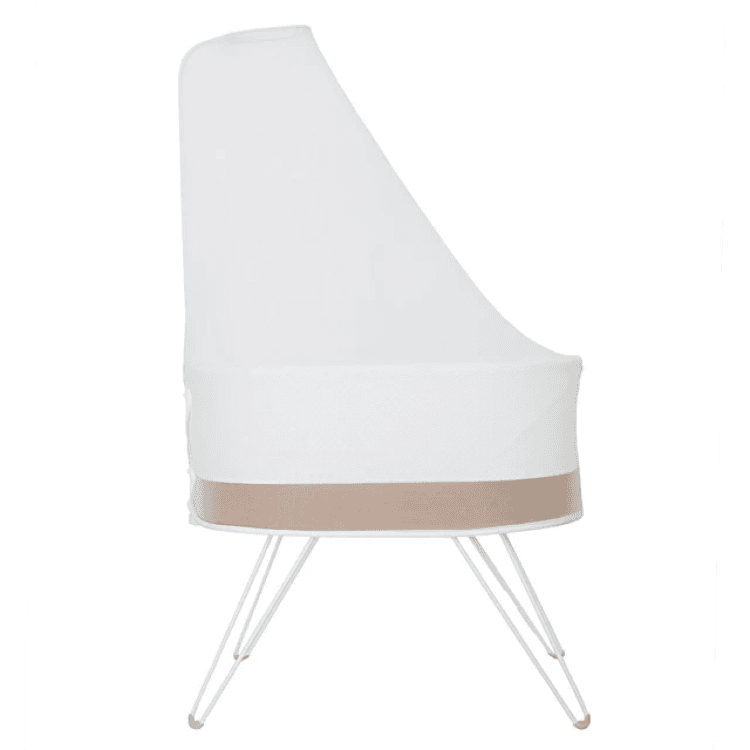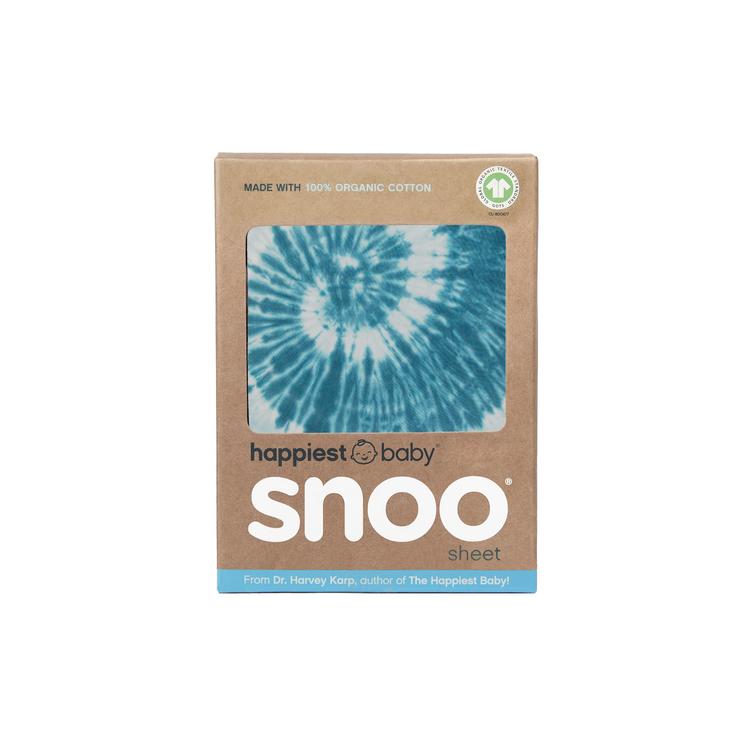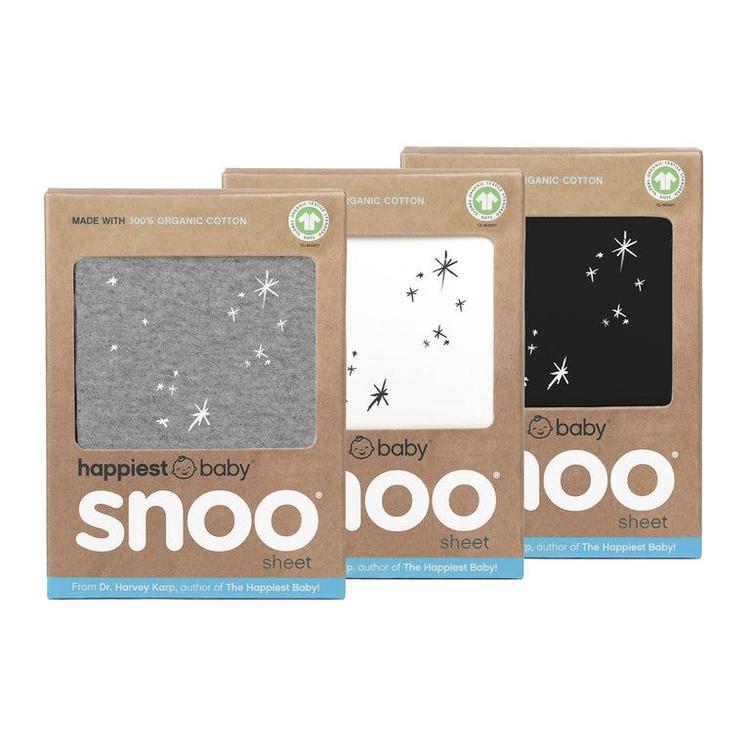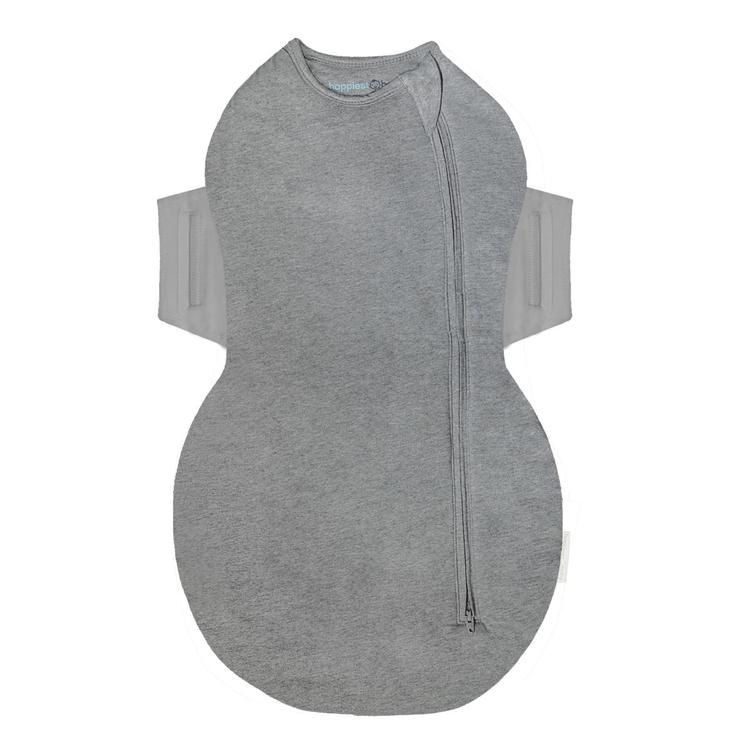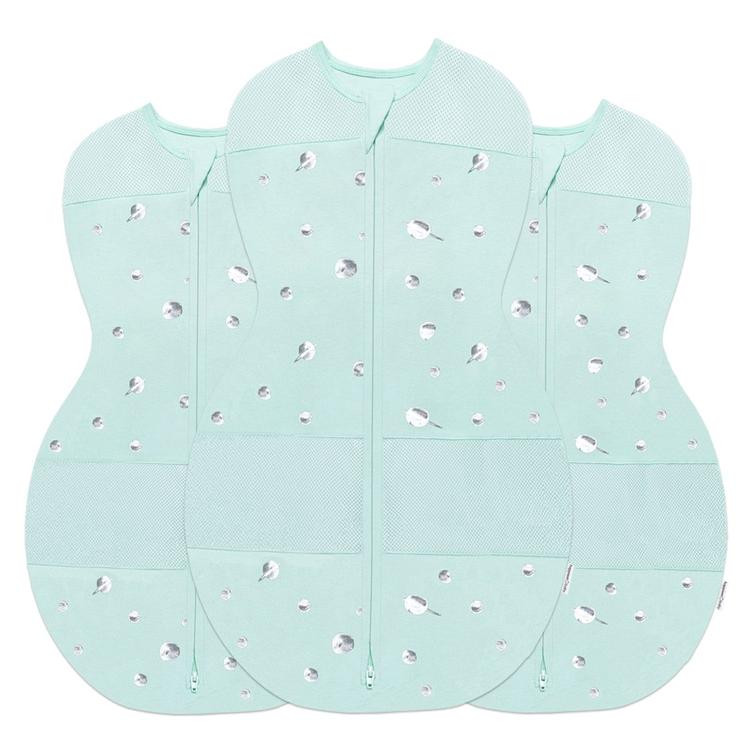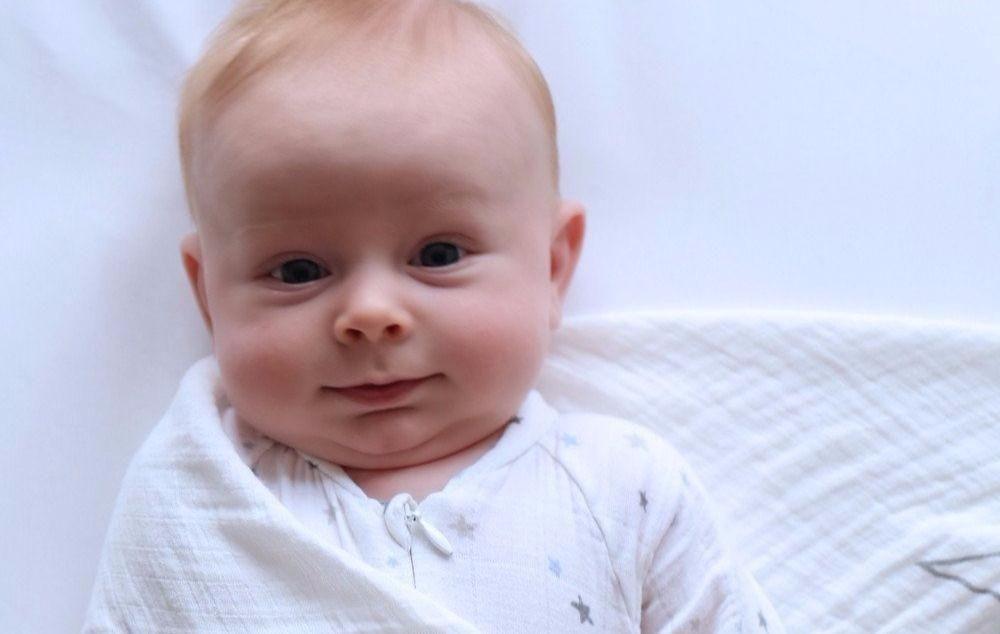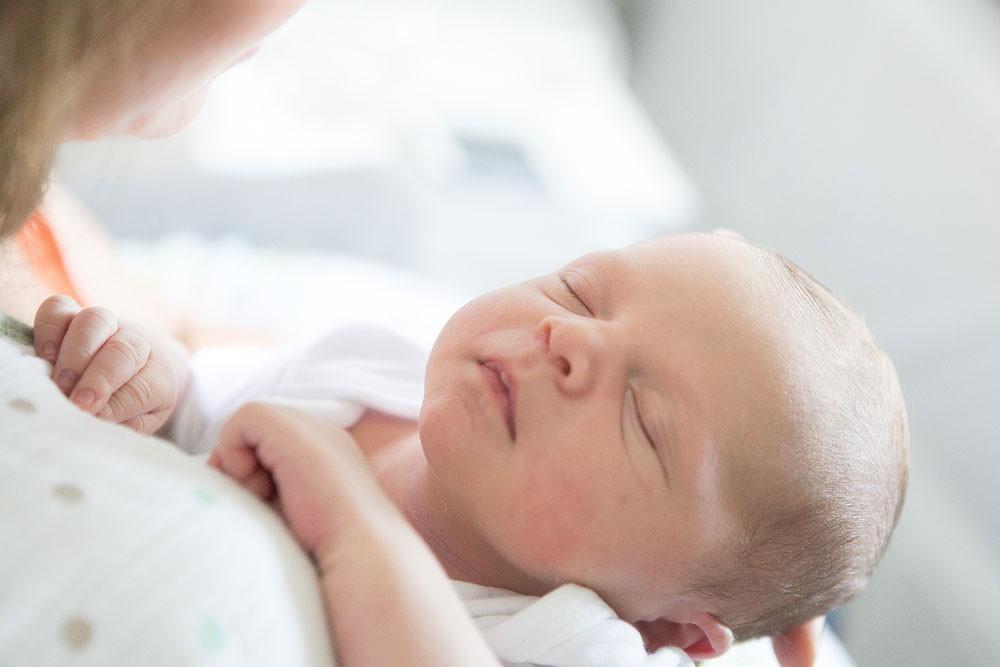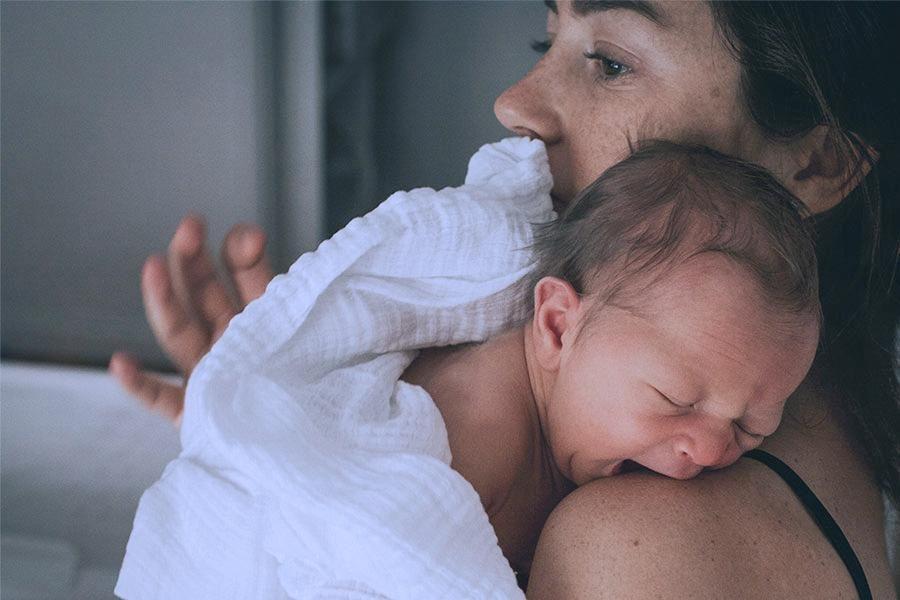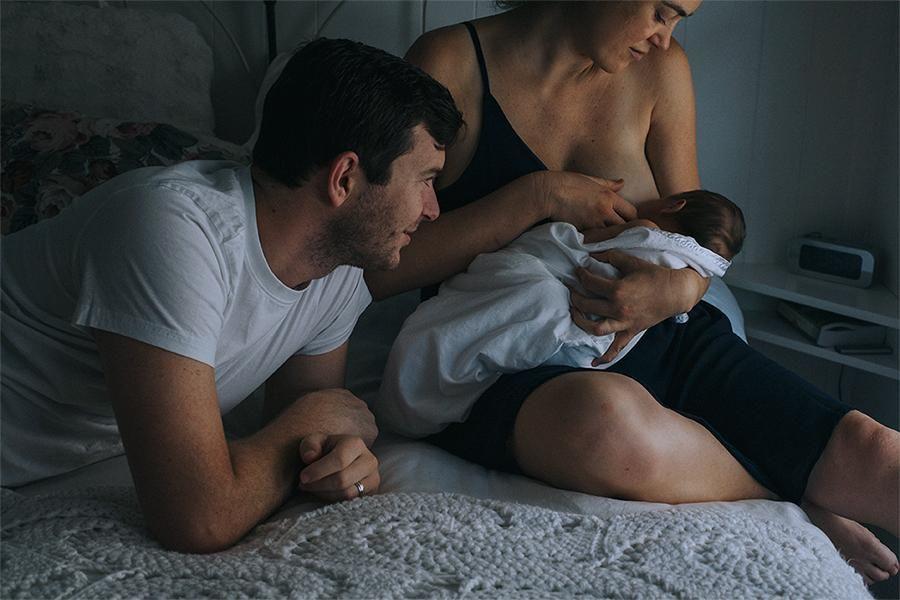Like a caterpillar turning into a butterfly, between 1 and 2 years, your toddler may morph into a little chatterbox. They get much better about expressing what they want and need, using both gestures, sounds, and by around 2, you can expect them to string together simple, two- to three-word sentences ('Want bear!' 'Dada help!'). They may be able to say (more or less clearly) 20+ words, but they should understand dozens and dozens more, like being able to point out lots of familiar objects (for example, body parts, the family pet, foods, favorite toys) and be able to understand and follow simple verbal commands ('Pick up your socks and bring them to Mummy').
Even though all toddlers develop at their own pace, if your toddler’s language does not seem to be blossoming, you may begin to wonder if your child has a speech delay.
What causes delayed speech?
Delayed speech has several possible causes. It may be a sign of a physical issue, such as persistent, mild ear infections—or other physical problems that interfere with hearing—or, limited tongue movement due to a short frenulum (the tiny flap under the tongue that anchors it to the floor of the mouth). Or delayed speech might indicate extreme shyness or a family trait or some type of developmental delay.
When should parents be concerned about delayed speech?
If, by the 2nd birthday, your child still is not spontaneously speaking (meaning not saying anything or just echoing you without coming up with words by themselves), does not understand your simple requests, is still using pointing and grunting to express their wants, or has utterances that are so garbled that you are not able to understand most of what is being said, it is time for you to talk about your concerns. Your paediatrician or a speech pathologist will be able to assess your child’s hearing and speech and provide a diagnosis and treatment options, if necessary.
What are some exercises that can help a speech delay?
The best thing that you can do to encourage verbal interaction is to…interact with your toddler verbally! The more words they hear you talking, reading…or even singing, the better! (Here are a few conversation-starters to try with your tyke!)
Reading is a terrific way to promote verbal interaction (plus, it takes some pressure off parents to come up with all the words from scratch). It also gives you a jumping off for prompting your child for responses. For kids at this age, ask questions about what you see on the page. For example: 'Look! A kitty! What does the kitty say? What other animals do you see?'
Everyday activities can also spark conversation! Make observations out loud—and use a more dramatic way of speaking—so your toddler’s interest is drawn to your remarks ('Look at the pretty green leaves…' 'Daddy’s stirring the yummy oatmeal right now!') and ask your child questions ('Do you see the tall trees?' 'What colour are Mummy’s new shoes?'). When you talk to (or just around) your child, try to use specific name words, instead of vague terms (like 'this' and 'that') to help build their vocabulary.
Another great conversation-starter is 'bedtime sweet talk.' In the moments right before dozing off, your toddler’s mind is a little sponge, soaking up your words. As part of your nighttime routine, review with your toddler the best parts of their day and mention what fun things might happen tomorrow. Bedtime sweet talk is a special way to boost language, strengthen your loving bond, and help them drift off into sweet dreams.







